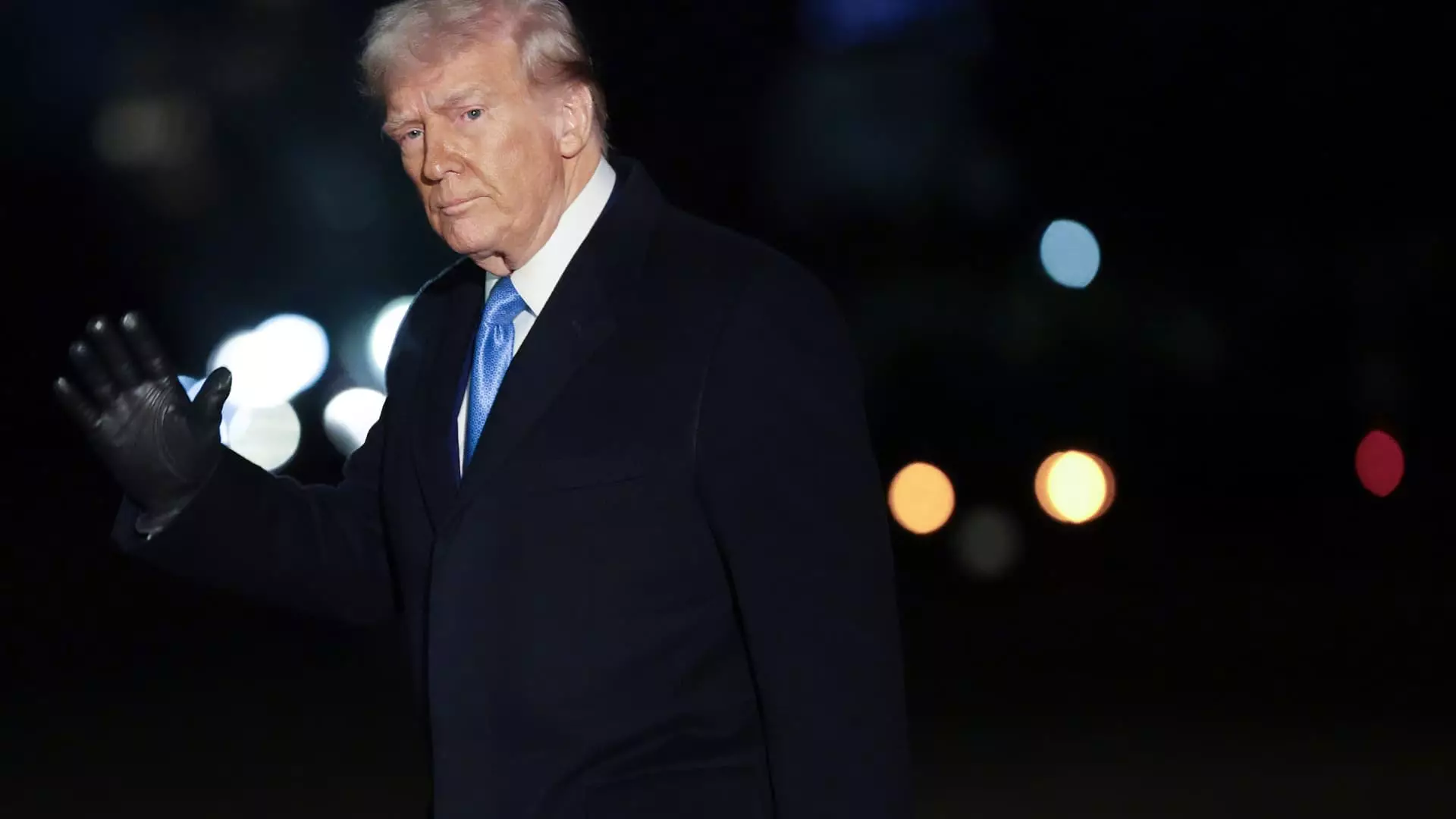The ongoing debate surrounding diversity, equity, and inclusion (DEI) initiatives has reached a crucial juncture as a federal judge intervenes to halt the implementation of President Donald Trump’s recent directives aimed at banning these programs within federal agencies and among businesses that work with the government. U.S. District Judge Adam Abelson’s ruling signifies a profound clash between administrative policy and constitutional rights, particularly the First Amendment. The context surrounding this case is steeped in the aftermath of widespread civil rights protests that erupted in 2020, which pushed DEI initiatives to the forefront of public policy discussions.
Judge Abelson’s decision echoes a critical understanding of the implications of the aforementioned orders. By asserting that efforts to promote inclusion were not only legal but also necessary for societal progress, Abelson has highlighted the chilling effect such directives could have on free expression. The judge pointedly noted that the plaintiffs in the case, namely the city of Baltimore and several advocacy groups, argued their experiences illustrate a significant threat to constitutionally protected speech. This sentiment reflects a broader concern that the push for a more equitable workplace—and indeed society—can be undermined by political maneuvers masquerading as legal policy.
Moreover, Judge Abelson emphasized the vague definitions surrounding DEI as a significant factor in his ruling. This vagueness creates uncertainty for organizations seeking to comply with such directives while attempting to uphold their commitment to diversity and inclusion. The ambiguity surrounding what constitutes unlawful discrimination further complicates the situation, exposing organizations to potential penalties without clear guidance.
The ruling has sparked a delicate conversation about the power dynamics between federal authority and civil rights advocacy. On one hand, the Trump administration has argued that eliminating DEI programs is a necessary step to ensure that the government does not endorse practices they deem discriminatory. Conversely, civil rights advocates argue that such policies are essential in rectifying historical injustices and promoting an inclusive environment, particularly for marginalized groups.
The response from advocacy groups, including Democracy Forward, highlights the perceived overreach of executive orders that limit the expression of ideas and policies aimed at fostering inclusion. President Skye Perryman’s remarks encapsulate a larger sentiment among advocates that these initiatives are crucial to shaping a society that rectifies systemic inequalities. This discourse not only focuses on the judicial system but also opens discussions around corporate responsibility and the role of private entities in promoting inclusivity.
The legal victory achieved by the plaintiffs is undoubtedly a significant moment for DEI advocates, suggesting that the government cannot exercise unchecked authority over discussions surrounding diversity. However, the ramifications of Judge Abelson’s ruling extend beyond the immediate halt of Trump’s directives. It lays the groundwork for future legal battles, as this ruling could encourage other organizations facing pressure to eliminate DEI programs to pursue similar legal protections.
As the dust settles on this legal showdown, many institutions will likely reevaluate their approaches to DEI initiatives. This may lead to a renewed commitment to these programs as legal protections take shape in response to the judge’s ruling. Advocates may also see this as an opportunity to further engage in constructive dialogue around how DEI initiatives can evolve amidst political challenges.
The intersection of legal standards, political maneuvering, and civil rights advocacy is not merely a transient occurrence; it reflects a fundamental societal struggle for equality. The decision by Judge Abelson demonstrates a significant moment in the ongoing discourse regarding the role of diversity, equity, and inclusion in modern America. As subsequent events unfold, the enforced emphasis on inclusive policies may redefine the landscape of federal employment and contracting practices. Regardless of the future direction, the commitment to fostering an equitable society remains a pivotal consideration that transcends political administrations and will continue to resonate across all sectors of society.

Leave a Reply